Khám phá Alibaba.com để có những sản phẩm độc quyền và giá cả phải chăng mở rộng giường xe tải. được thiết kế để vượt qua những địa hình khó khăn nhất và có thể rẽ ngoặt ở tốc độ cao. Họ được coi là người mới bắt đầu tốt nhất mở rộng giường xe tải. bởi vì chúng nhẹ, có giá thấp và thoải mái hơn khi học các nguyên tắc cơ bản về chuyển số, phanh và rẽ. Chúng có loại lốp tốt nhất và có bình xăng lớn để đua đường dài.
Khi mua mở rộng giường xe tải, hãy chọn tùy thuộc vào kiểu lái và độ ồn khi hoạt động của chúng. Các mô hình được cung cấp bởi động cơ hai thì hoặc động cơ bốn thì. Hai thì tạo ra mô-men xoắn nhanh hơn vì tay quay phải quay một lần. Không giống như động cơ bốn thì, động cơ này hoạt động hiệu quả vì nó không có các bộ phận chuyển động phức tạp và hệ thống bôi trơn dễ dàng làm việc và xây dựng lại. Động cơ bốn thì có hệ thống bôi trơn chuyên dụng với tiêu chuẩn khí thải thắt chặt tối thiểu mà không có khí thải và mùi.
mở rộng giường xe tải. có nhiều kích cỡ khác nhau cho người lớn và trẻ em. Chúng được trang bị bộ làm mát nước hiệu suất cao cho động cơ lớn, và người mua hàng có thể nhận được cả xăng và bình xăng. Một số sử dụng công nghệ dẫn động hai bánh trong đó thiết kế sử dụng trục truyền động ống lồng để truyền lực tới bánh trước. Những chiếc thế hệ mới đi kèm với thùng lớn hơn hai gallon, hệ thống treo mềm hơn, chân chống và bánh sau 18 inch.
Hãy duyệt qua Alibaba.com để được trải nghiệm mở rộng giường xe tải. cung cấp và giảm giá. Chúc bạn có một chuyến đi thoải mái và một hành trình an toàn đến đích và đi xe không có rủi ro bị hỏng. Các nhà sản xuất có uy tín trên trang web cung cấp các dịch vụ bảo hành và hỗ trợ hậu mãi đáng tin cậy.


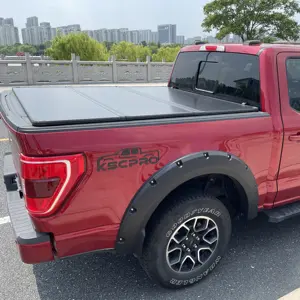

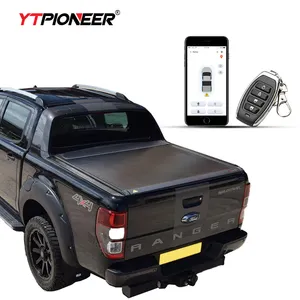

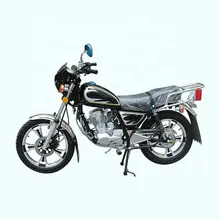
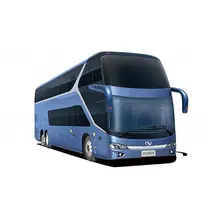







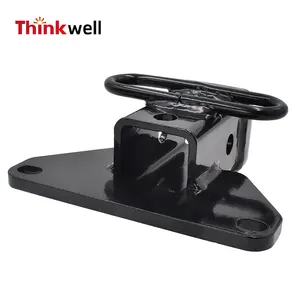
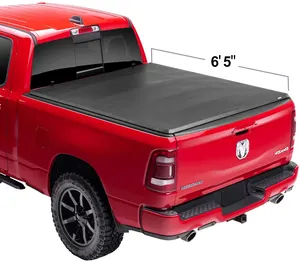













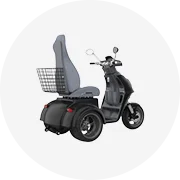








 浙公网安备 33010002000092号
浙公网安备 33010002000092号 浙B2-20120091-4
浙B2-20120091-4